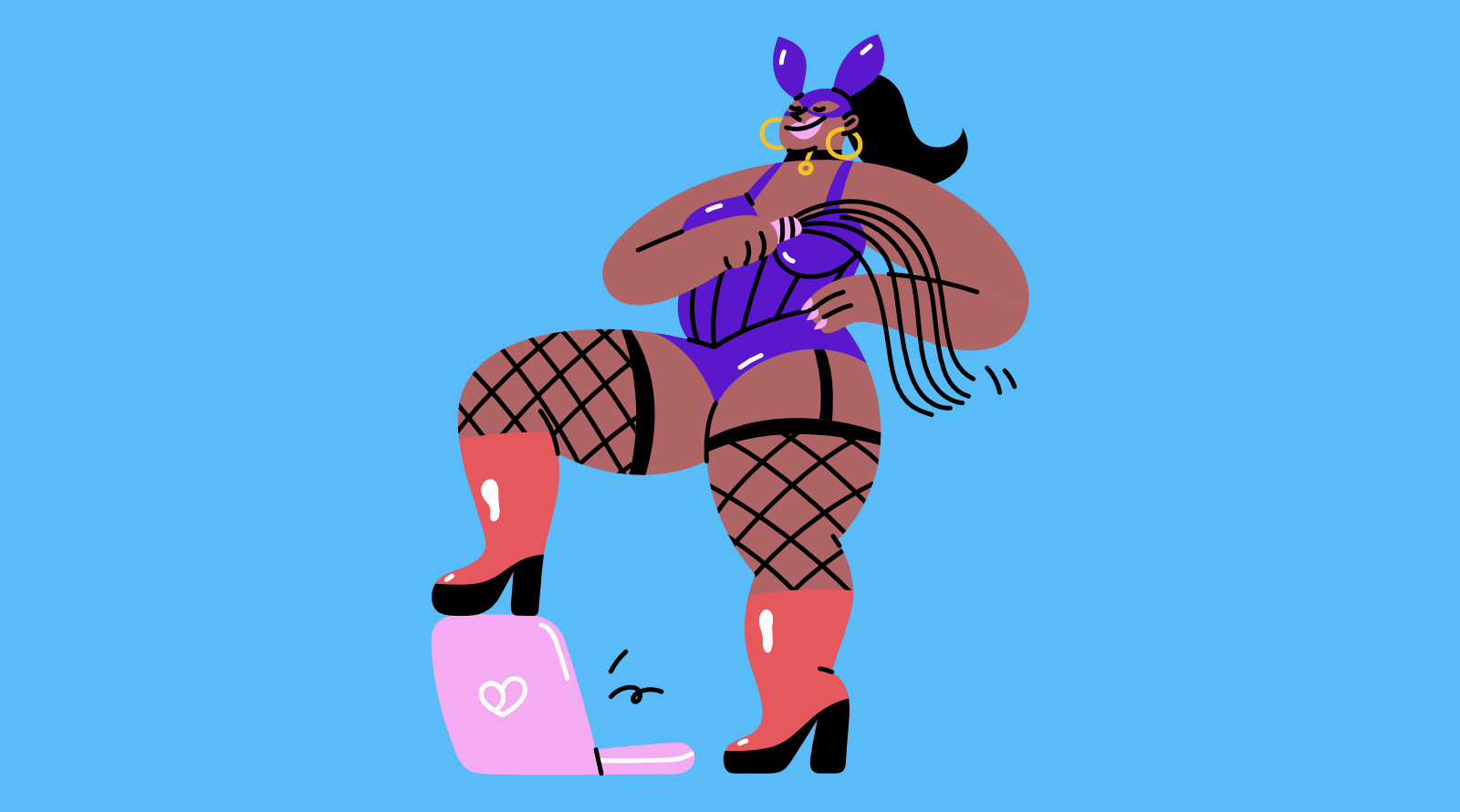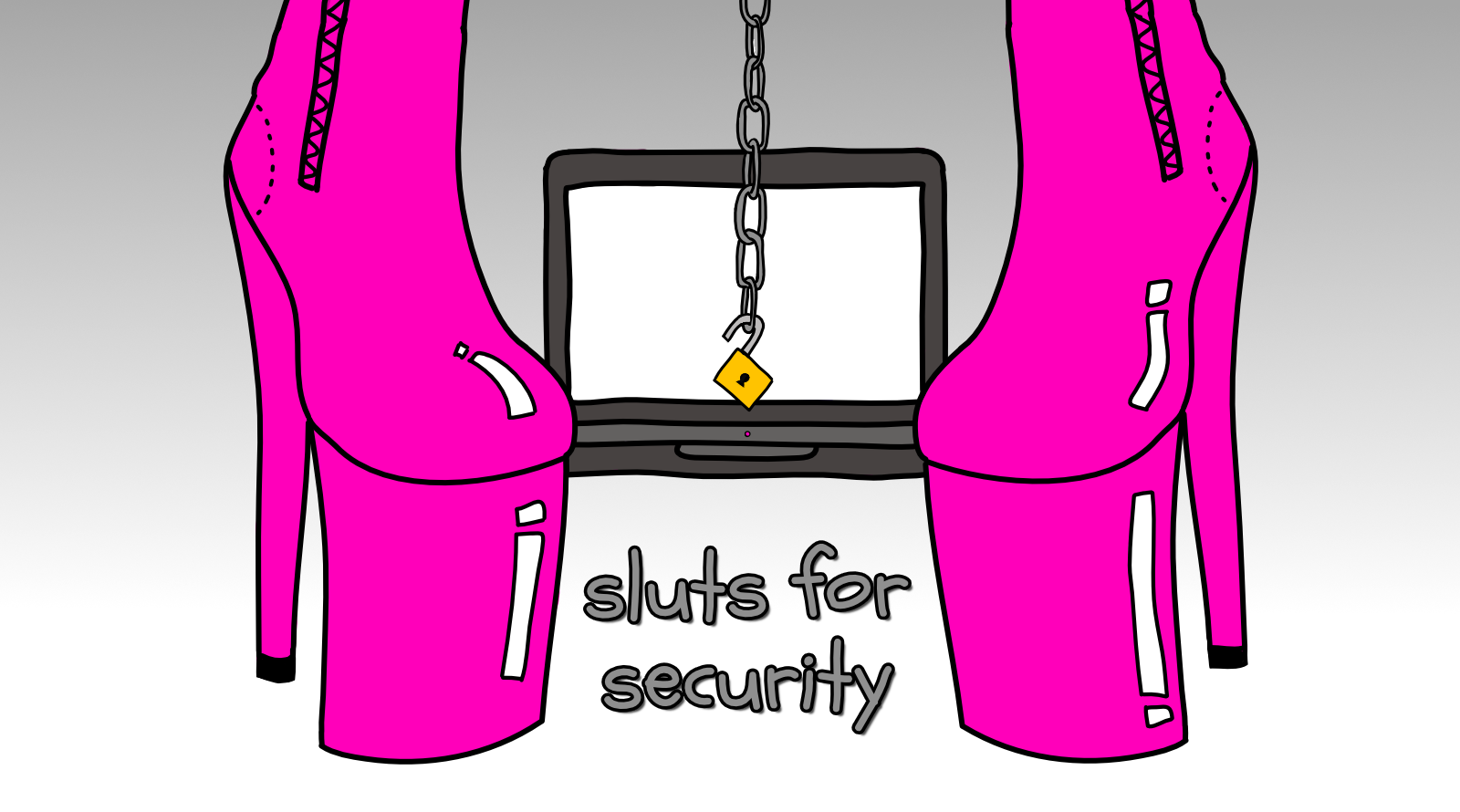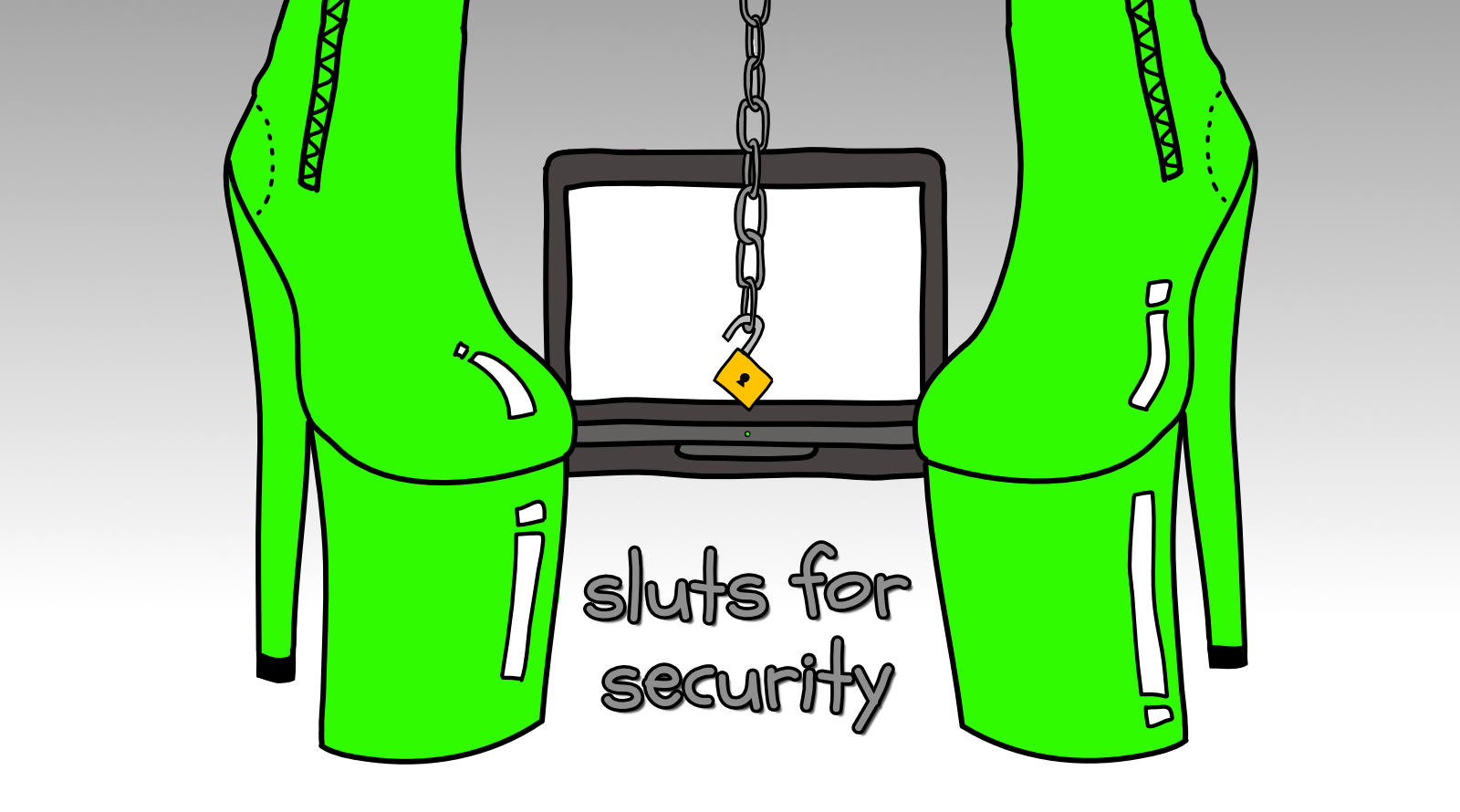The phrase "you've nothing to fear if you've got nothing to hide" always pops up whenever privacy is discussed. Even as recently as September 2024, Mike Burgess, the Director-General of Security in charge of the Australian Security Intelligence Organisation (ASIO) told the ABC in an interview about encryption backdoors, "in this country, we're subject to the rule of law, and if you're doing nothing wrong, you've got privacy because no one's looking at it".
That's how ingrained it is in law enforcement and political minds that it's okay to make exceptions on privacy as long as they're the ones not losing anything. Of course, that's not what happens in reality – once privacy is eroded for one group, it's just a matter of time until another slice of privacy is chewed away, then another, then another, until before we know it privacy is only for an elite few, or worse, nobody at all. But why is privacy important? Does it really matter if a company collects data on my internet habits, or the government passes a law aimed at crimes I'll never commit?
A Flaw For One Is A Flaw For All
Besides the philosophical reasons for ASIO's "if you're doing nothing wrong, you've got privacy because no one's looking at it" stance being a bad take, there's technical reasons for it being ridiculous too. What spy agencies and cops keep asking for – access to encrypted messaging apps like Signal and WhatsApp – introduces access for other people, like hackers, criminals and the government. While those demanding access insist it's technically possible for encrypted messaging to simultaneously be secure and provide law enforcement what they want, that's not how it works in the real world.
Signal's president, Meredith Whittaker said this in an interview with The Guardian: "Signal either works for everyone or it works for no one. Every military in the world uses Signal, every politician I’m aware of uses Signal. Every CEO I know uses Signal because anyone who has anything truly confidential to communicate recognises that storing that on a Meta database or in the clear on some Google server is not good practice". As soon as the door is opened to law enforcement, everyone else who wants a peek will find a way in too, legally or illegally.
Too Much Data, Poorly Secured
One of the easiest to understand concepts of privacy for all is data breaches and data leaks. We've all seen little chunks of our data fall out of various businesses and government departments we interact with to build huge dossiers of information about us that anyone can purchase off the dark web. The reason this data exists is because privacy wasn't taken seriously. Too much data collected and too much data held unnecessarily is a symptom of a system that puts profits before privacy.
Identity theft, fraud, harassment, reputational damage, financial losses and more may not happen to everyone, but they all happen to someone due to data breaches. At this stage of capitalism, it's only a matter of time until it happens to you and by saying, "well I don't care about where or how my data is stored, I have nothing to hide if it gets released on the dark web", is just putting your head in the sand and ignoring the damage it does to others who have more to risk than you do. By making sure everyone's data is secure and that less data is collected in the first place, everyone benefits, including those who think it won't happen to them.
Unintended Consequences
What might seem like an okay idea now has potential to be a problem later. A good example of this is the story of a group of conservative Colorado Catholics banding together to purchase mobile app tracking data sold by various wholesale data brokers. That data included information from multiple dating and hookup apps including Grindr, Scruff, Growlr and Jack’d, which when combined with data from other websites and applications, was so rich and detailed that they were able to out multiple priests as gay.
This data was never intended to expose gay people and the businesses involved probably don't want to do that, but that's what happened because the USA has no federal privacy laws stopping the collection and sale of data, and the companies that collected it didn't stop to think about the consequences of their actions. Without detailed laws punishing the use of data in this way, together with laws and consequences for preventing the collecting so much data in the first place, nightmare scenarios like this are inevitable for more and more groups in society.
Solidarity Makes Us Stronger
The key message here is that once privacy is compromised for one group, we are all at risk of losing our privacy. The data industrial complex spares nobody! Sex workers in particular know all too well that being singled out as a group not deserving the same rights and protections as others can have serious consequences for all communities. We can't repeat those mistakes with privacy.
Got a tech question for Ada? She wants to hear from you!
Ada answers all your questions about tech, the online world, and staying safe in it. No question is too silly, no hypothetical is too far-fetched! Learn to leverage devices, systems, and platforms to your benefit.





